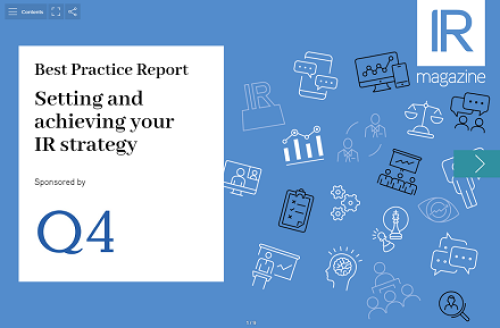Race for natural resources fuels local suspicion of China
Chinese investors feel discriminated against by Australian officials and the media, according to a report published today by the Lowy Institute for International Policy, an independent think tank based in Sydney, Australia. At the same time, Australia is the largest recipient of Chinese overseas direct foreign investment outside of Hong Kong, mainly via state-owned or government-backed enterprises.
To find out how this perception has come about, John Larum, the author of the report, held conversations with Chinese investors and officials earlier this year.
‘Such perceptions matter,’ reports Larum. ‘China is our largest trading partner and an increasingly important source of global capital. Right now, we need China and China needs us. However, if China was to become less dependent on Australian resources and the perception of discrimination remain, the bilateral relationship could be tested more severely.’
The leading complaint from respondents involves Australia’s foreign investment approval process and the way it is administered by the foreign investment review board (FIRB).
‘Australia’s ‘national interest’ criterion is broadly similar to Canada’s ‘net benefit’ criterion, and both are broader than the US focus on security considerations,’ Larum explains.
Under the umbrella of national interest, the FIRB takes into account national security, competition, taxation and the character of the investor, among other things. Additional criteria apply when the investor is a state-owned or government-backed entity.
Chinese investors believe this second level of criteria is mainly targeting China, aiming particularly at the restriction of Chinese ownership of Australian natural resources. The view has some merit, according to the report.
In March of this year WikiLeaks released a cable from the US Embassy in Canberra, which relayed a comment by a senior FIRB official that the additional measures were ‘aimed squarely’ at China.
Other evidence of discrimination given by respondents include negative media coverage and the failure of a number of high-profile transactions, led by the proposed investment in Rio Tinto by Chinalco during the financial crisis, which Rio Tinto eventually walked away from in favor of a joint venture with BHP Billiton.
Chinese investors gave a range of reasons why Australia would discriminate against Chinese investment, including nationalism, fear of Chinese state ownership of Australia’s resources, suspicion of a communist country, concerns about China’s growing economic strength, and the part Australia plays in a perceived US-led strategy to contain China.
In contrast to this, the Chinese investors said their primary motivation for investing in Australia is financial return.
The report does not set out to investigate the veracity of the perceived Australian discrimination. However, the Lowy Institute did conduct a separate poll of Australian views on Chinese investment, which found that 57 percent of respondents thought the government was allowing too much Chinese investment and just 3 percent thought there was not enough.
On the day the report was published, it was announced that iconic Australian beer Foster’s had rejected a A$9.5 bn ($10 bn) approach from SABMiller, the global beer group listed in London.










